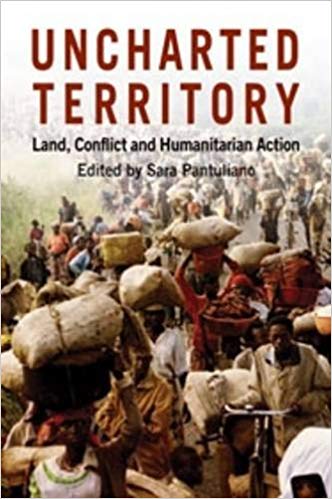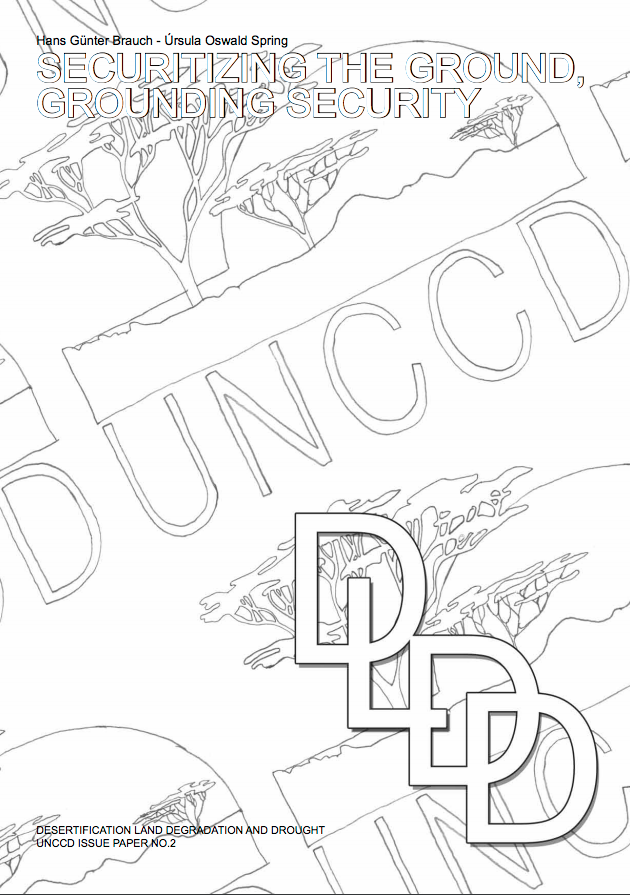Land in return, reintegration and recovery processes: Some lessons from the Great Lakes region of Africa
The chapter describes some of the political challenges involved in managing the transition from emergency activities to longer-term 'developmental' policies in Rwanda and Burundi. In post-genocide Rwanda, uncompensated expropriation and a nationwide settlement policy may have reduced short-term problems over secondary occupation of property, but have created lingering grievances.











